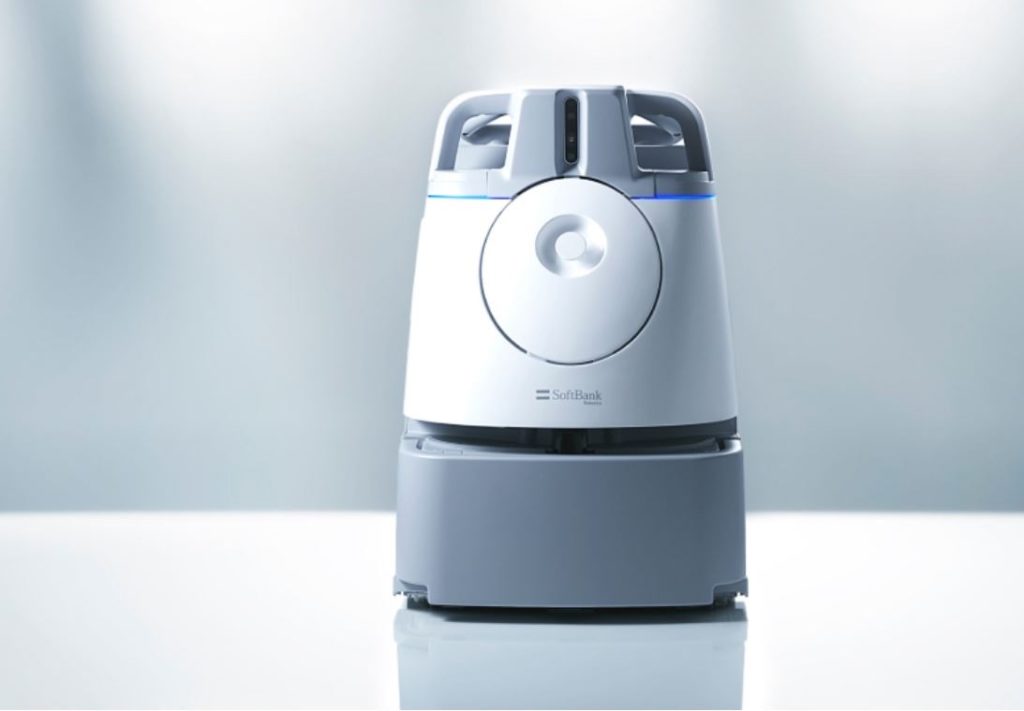It was not that long ago that a significant fall in the Yen was met with open arms by major Japanese companies seeking to be more competitive in the global market. However, when this month began with the currency at a 20-year low, the reaction from Japan’s biggest companies has been decidedly mixed. In recent decades, Japan’s manufacturing sector has largely moved their factories to lower cost markets, negating the competitiveness boost a declining Yen once offered. Other Japanese companies do still find benefits from a slump in the currency, including, perhaps surprisingly, major global investment group Softbank.
“SoftBank’s massive bets on overseas startups mean it is poised to clearly benefit from a weaker yen. The value of SoftBank’s assets will rise 9% if the yen weakens 12% year-on-year as the group has 86% of its value in dollar-linked assets,” said Kirk Boodry, analyst at Redex Research. “The softer currency also helps SoftBank’s ¥1 trillion share buyback program announced in November, although it’s negative for the group’s debt.”
Despite the benefits, SoftBank founder and CEO Masayoshi Son has told his top executives to slow down investments, as the world’s largest technology investor seeks to raise cash to balance against falling tech stocks and a regulatory crackdown in China. Their enigmatic CEO, has gained a reputation for overfunding as a strategy, however, as the decline of the Yen has come in the midst of a global pandemic and a war involving Russia (Japan’s Pacific neighbor and key energy supplier) even Softbank has been forced to act more cautiously.
“The previously unreported discussions offer a rare glimpse into the growing tension within SoftBank, which has disrupted the tech investing landscape since launching its first Vision Fund in 2017,” notes a March 31st article in the Financial Times. “Rising interest rates and the war in Ukraine have ravaged its holdings and the plummeting value of its China investments served as a stark reminder of how Son’s personal fortunes have become entwined with the company he founded — and its $100bn fund beholden to the global appetite for tech risk.”
On the backdrop of a record-breaking low value of the Yen, the energy and economic implications of the war in Ukraine, the regulatory crackdown in China, and falling technology stocks, SoftBank has continued to invest in selected markets. One of those focus areas is the smart building space where a string of deals related to robotic building cleaning in April, at the height of the aforementioned crises, underlines SoftBank’s confidence and ambition in the sector.

On April 14th, SoftBank Robotics signed a strategic partnership with ISC, a leading building services provider in Italy. Under the agreement, ISC will now offer building cleaning services using SoftBank’s Whiz Gambit, an AI-powered cleaning robot and now the first industrial robotic vacuum sweeper to be available in Europe. Whiz Gambit is a self-driving cleaning solution that works alongside commercial cleaning teams by completing the simple but laborious job of vacuuming large areas of floor, thereby freeing up human workers to focus on more complex tasks.
On April 18th, SoftBank Robotics then announced that they are teaming with IoT provider UnaBiz to bring AI-enabled robotics and sensor technology to building management and maintenance operations. Through the partnership, the investment group is seeking to combine its pipeline of humanoid robots (currently being applied in retail, tourism, health, and education) with UnaBiz sensors to create a unified and robot-enabled smart facility management platform.
In this new system, IoT devices will trigger AI-enabled autonomous robots to complete maintenance and cleaning tasks. The occupancy sensors provided by UnaBiz can also be applied to SoftBank’s Whiz Gambit cleaning robot, allowing it to monitor and rapidly respond to tasks. Ultimately, the full range of interconnected smart building sensors and gradually improving AI systems will enable these robots to map out increasingly efficient routes in response to the dynamic user and health landscape of commercial buildings.
Two days later, on April 20th, SoftBank’s robotics arm then agreed to purchase a 5% stake in cleaning technology startup Avalon SteriTech Ltd. The investment builds on an existing joint venture between the companies, where Avalon develops products and technologies for cleaning and bio-decontamination for the AI-powered Whiz Gambit cleaning system. The deal further emphasizes the focus on robotic cleaning for buildings and marks SoftBank’s first-ever investment in Hong Kong.
These various deals follow a January announcement for a partnership between SoftBank Robotics and Infogrid, a London-based AI provider of smart building systems. Infogrid occupancy and air quality sensors are already enabling data-based work orders that focus cleaning schedules on the areas of the building that need it most. Early deployments of the SoftBank-Infogrid system have also proved useful in providing tangible evidence of the system’s success.
Air quality studies over multiple deployments showed that the IoT-enabled targeted cleaning approach can dramatically reduce the level of dust in the air of office buildings. Data provided by the Infogrid platform measuring air quality and air-borne particulates before and after the Whiz robot’s deployment showed an incredible 50-80% reduction in PMs in the built environment. The level of improvement underlines the potential of the technology but also raises some concern over the amount of dust we breathe in typical workplace environments, and its impact on health and productivity.
“Now, more than ever, clients expect a greater level of technical innovation and performance when it comes to the operation of their buildings. Historically, the lack of building data available has led to negative outcomes for both the planet and building occupants,” said William Cowell de Gruchy, Founder & CEO of Infogrid. “By collaborating across our technologies, we’ll be able to provide a far greater level of actionable insight into the operation of the building, which in turn will improve cleaning team and occupant productivity.”



